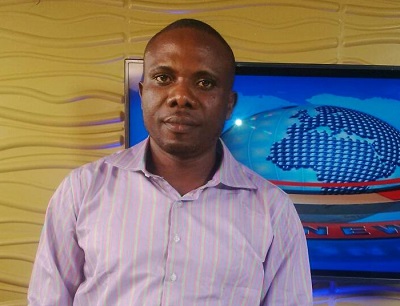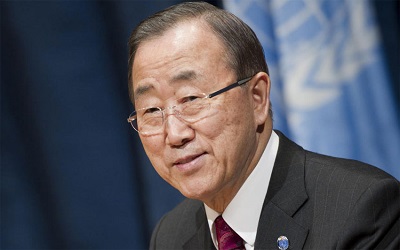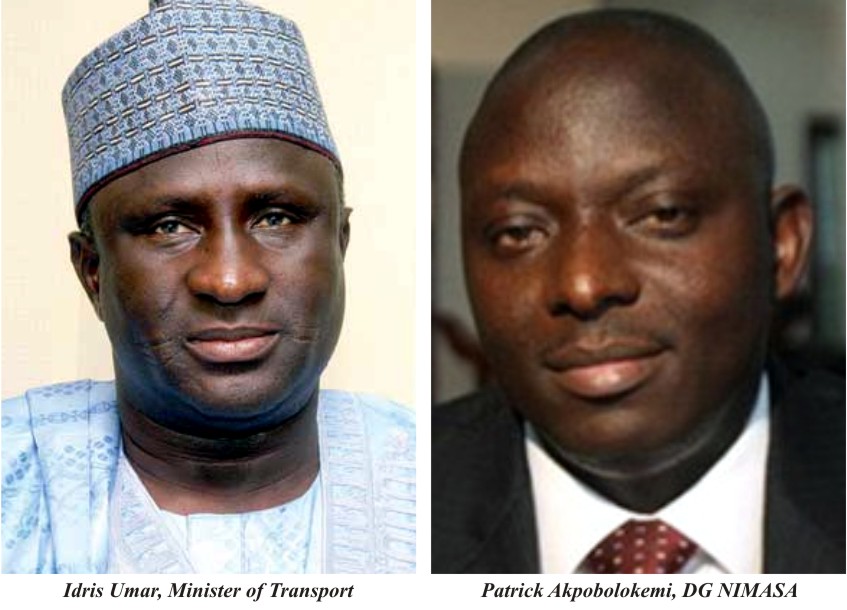COMMENTARY
Of Revolution, Stereotypes, Fallacies And Social Media
By Richard Odusanya On Aug
Fidel Alejandro Castro Ruz, American Spanish, was a Cuban revolutionary and politician who was the leader of Cuba from 1959 to 2008, serving as the prime minister of Cuba from 1959 to 1976 and president from 1976 to 2008. Ideologically a Marxist–Leninist and Cuban nationalist, he also served as the first secretary of the Communist Party of Cuba from 1961 until 2011.
Under his administration, Cuba became a one-party communist state; industry and business were nationalised, and state socialist reforms were implemented throughout society. Fidel said: “I began with 82 men. If I had to do it again, I would do it with 10 or 15 and absolute faith. It does not matter how small you are if you have faith and a plan of action.” Faith is the key word in his statement, “Absolute faith.”
Furthermore, on the 1st January 1959, Fidel Castro made a remarkable statement about revolution. He had said: “The Revolution begins here and now. The Revolution won’t be an easy task. The Revolution will be a tough undertaking and full of dangers, especially during this initial period.”
Interestingly, in social psychology, a stereotype is a generalised belief about a particular category of people. It is an expectation that people might have about every person of a particular group. The type of expectation can vary; it can be, for example, an expectation about the group’s personality, preferences, appearance or ability.
Stereotypes are sometimes overgeneralised, inaccurate, and resistant to new information, but can sometimes be accurate. Solutions for mankind will not come from the goodwill of those who now take possession of the world to exploit it, even though they cannot dream or conceive of anything but the perennial nature of what is heaven for them and hell for the rest of humanity, a real hell without any possible remedy.
Similarly, stereotype is a thought that someone has about specific types of individuals that may or may not accurately reflect reality. Stereotypes can also be thought of like caricatures, which are pictures that exaggerate certain features while oversimplifying others and end up distorting the essence of an individual.
Many stereotypes are widely held but they are also over generalised images or ideas about a particular type of person. Any time we group individuals together and make a generalisation or judgment about them without knowing them, this is an example of a stereotype. It is so prevalent in our society today.
A prejudice is an opinion – usually an unfavourable one – that was formed before having any evidence and that is not based on reason or experience. While a stereotype is a thought about a person or group of people, a prejudice relates to feelings and attitudes about that person or group of people. Prejudices are often rooted in the idea that certain types of people are worthless or are less capable than others. It can be direct, indirect or structural and often results from stereotypes or prejudicial attitudes.
Therefore, we must at all cost desist from anything that could attract reprisal – bearing in mind the mood of the nation and considering the implication of continuous mentioning of “Muslim Muslim” or “Christian Christian” tickets as the case may be. This is because of the delicate nature of religion in the third world countries.
When we have expectations or feelings about people based on characteristics like sex, gender, marital status or pregnancy we may act in ways that negatively affect individuals or groups of people. Often we don’t even think about the stereotypes or prejudices we hold and may hurt or disadvantage people without realising it.
We may think that we are simply behaving in ways that accurately reflect the realities or abilities of men and women but we are actually discriminating and reinforcing inequality. Even if a stereotype is seen as or meant to be positive, the fact that not all persons in that group meet that standard often leads to a “positive” stereotype disadvantaging specific individuals.
Flowing from above, therefore, this article focuses on the ways in which people from different social groups feel about, think about, and behave toward each other. In most cases, we have positive thoughts and feelings about others, and our interactions with them are friendly and positive. And yet in other cases, there is a potential for negative interactions, and in rare cases, even hostility and violence.
As such, the thoughts on my mind as I write, is, if truly, Christianity developed Europe and America and Islam transformed UAE /Saudi Arabia – why then will both Christianity and Islam brings us underdevelopment in the third world? It, therefore, means that we must have deviated from the true teachings of both religions.
Let me use the ongoing election and the results coming from Kenya to illustrate the futility of social media hype and the fallacies of delusional audacity: Since the time of Ancient Greece, philosophers, logicians, and regular people have developed ways to identify types of illogical arguments. These logical fallacies are errors in reasoning.
In a logical fallacy, the arguer does not provide enough evidence to support their claim. It is important to note that just because someone uses a logical fallacy, their claim may not necessarily be wrong, it simply means that the arguer has not provided either enough, or the right kind of evidence, and therefore has not proven their point.
The election in Kenya looks like it will be a tight race between frontrunners Mr Odinga, 77, and Mr Ruto, 55. Odinga – a long-serving opposition leader, nicknamed Baba (“father”) by his supporters, is running for president for a fifth time. Mr Ruto, who has tried to emphasise his connection with ordinary Kenyans by calling himself a “hustler,” is taking his first stab at the presidency. Two other candidates – David Mwaure and George Wajackoya – are also in the race.
The elections are coming amid a cost-of-living crisis and soaring unemployment rates that have left many Kenyan households struggling. Analysts say voters are disillusioned by failed promises of former governments, including the incumbent administration. This year, a significant number of young people opted out of voting in the elections, with a growing number of under-35s, who make up 75% of the country’s population, similar to the Nigerian situation, saying that they do not see elections as a pathway to change. Their counterparts in Nigeria are not totally disillusioned, although driven by sentiments and emotion.
There seems to be similarities between the Kenya election and the upcoming elections in Nigeria. The top two contenders are similar to ours as well as the pretenders, particularly the social media hype candidates. Kenya’s social media candidate performed poorly in reality.
• Odusanya is a social reform crusader





